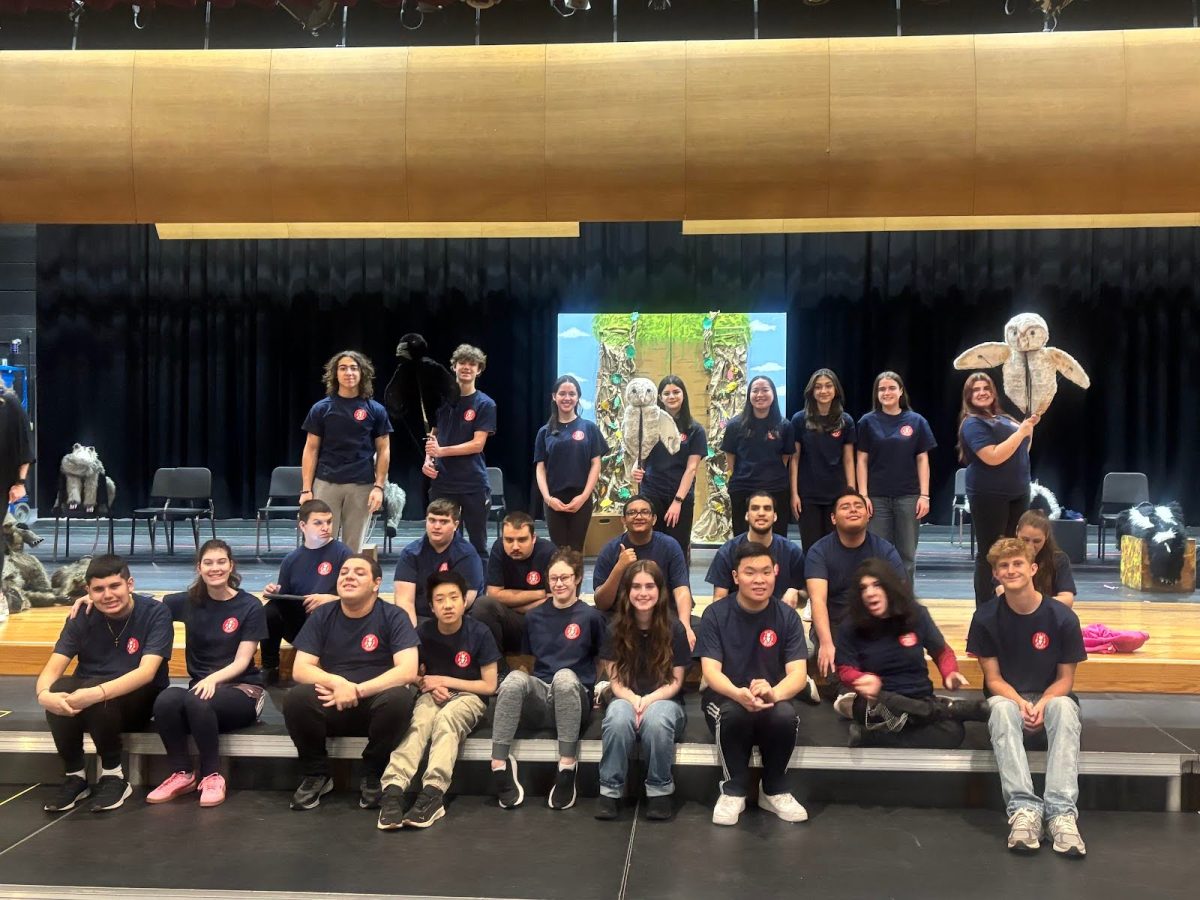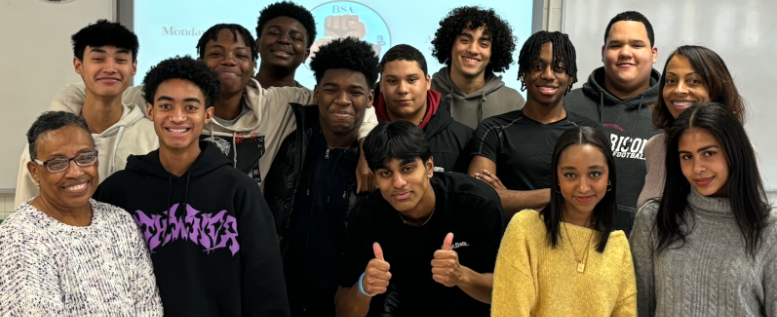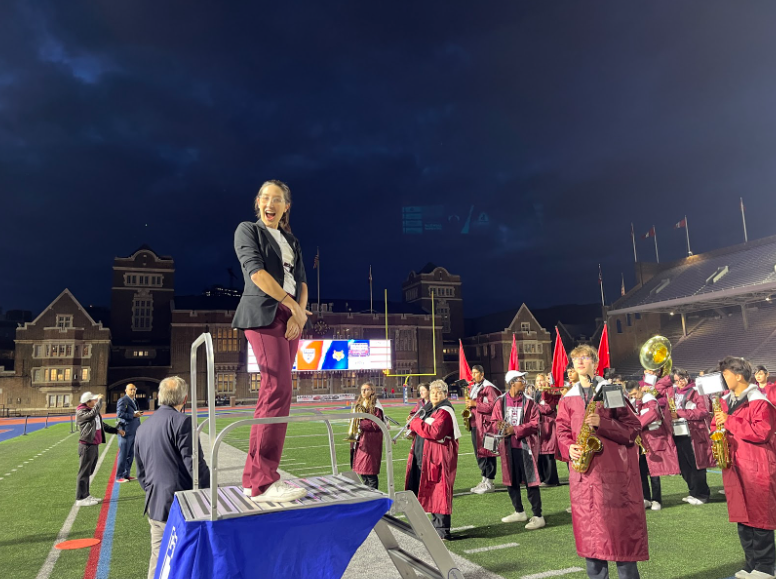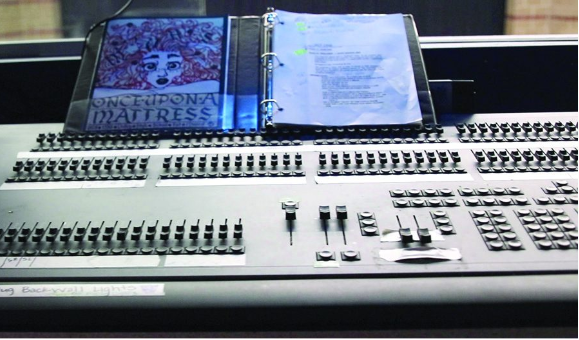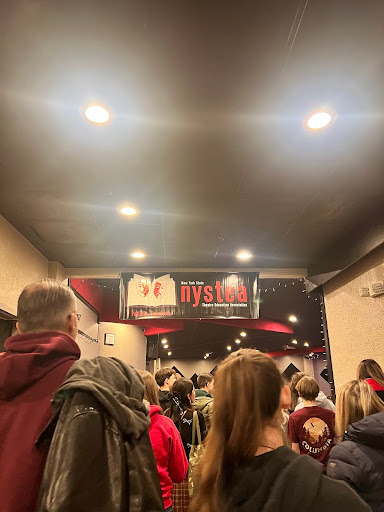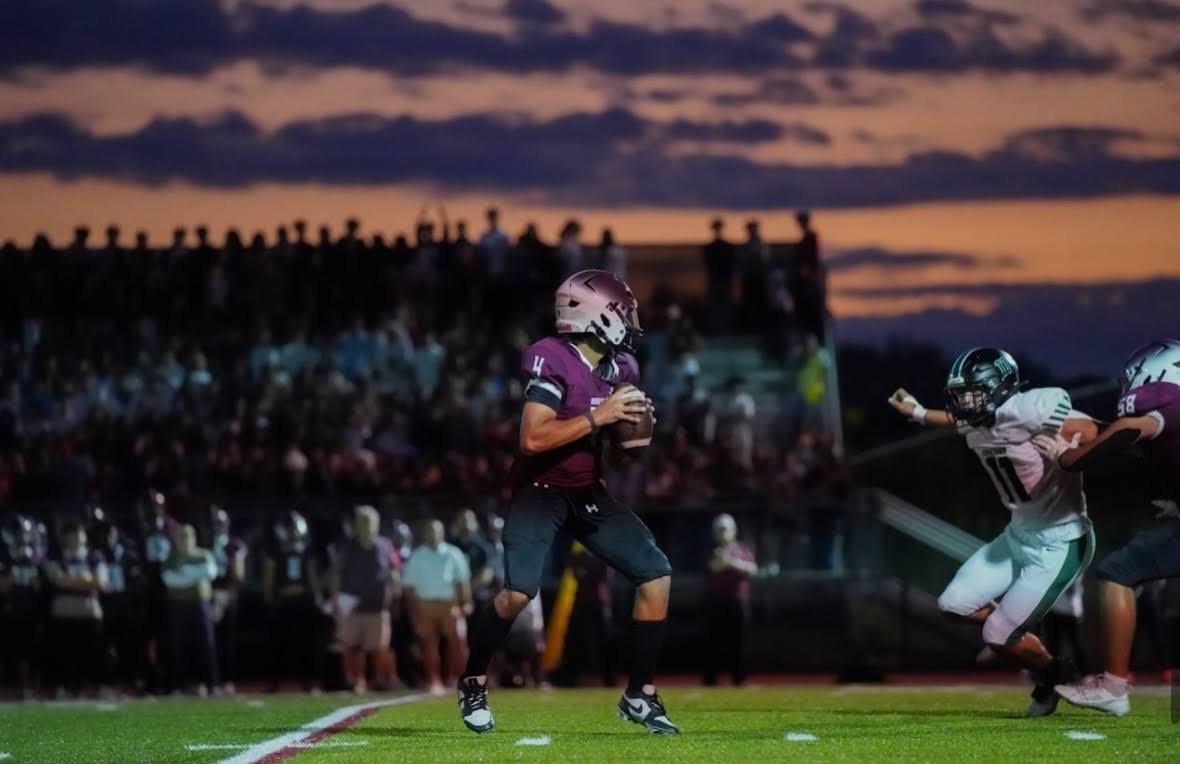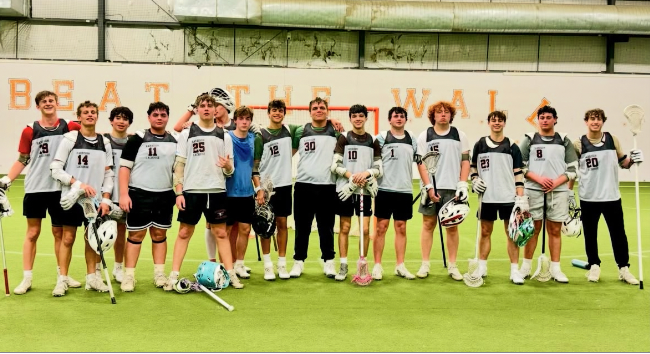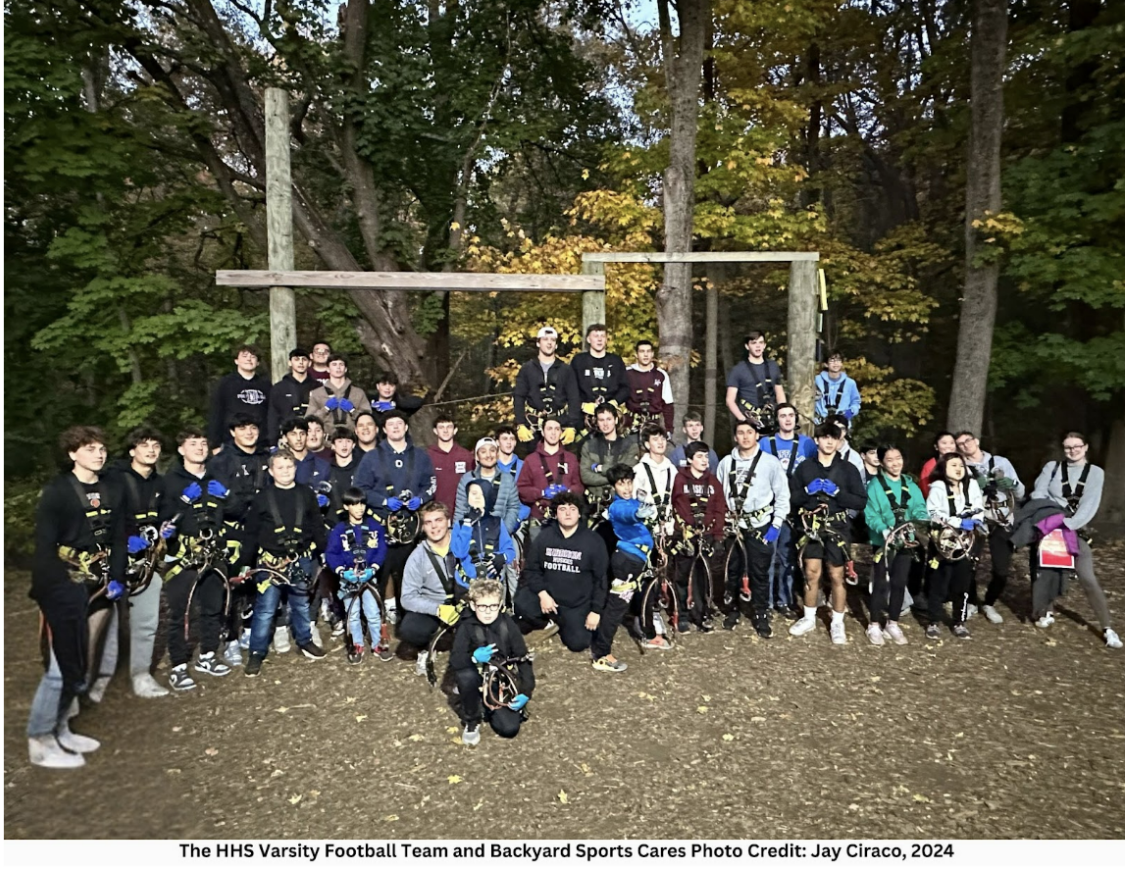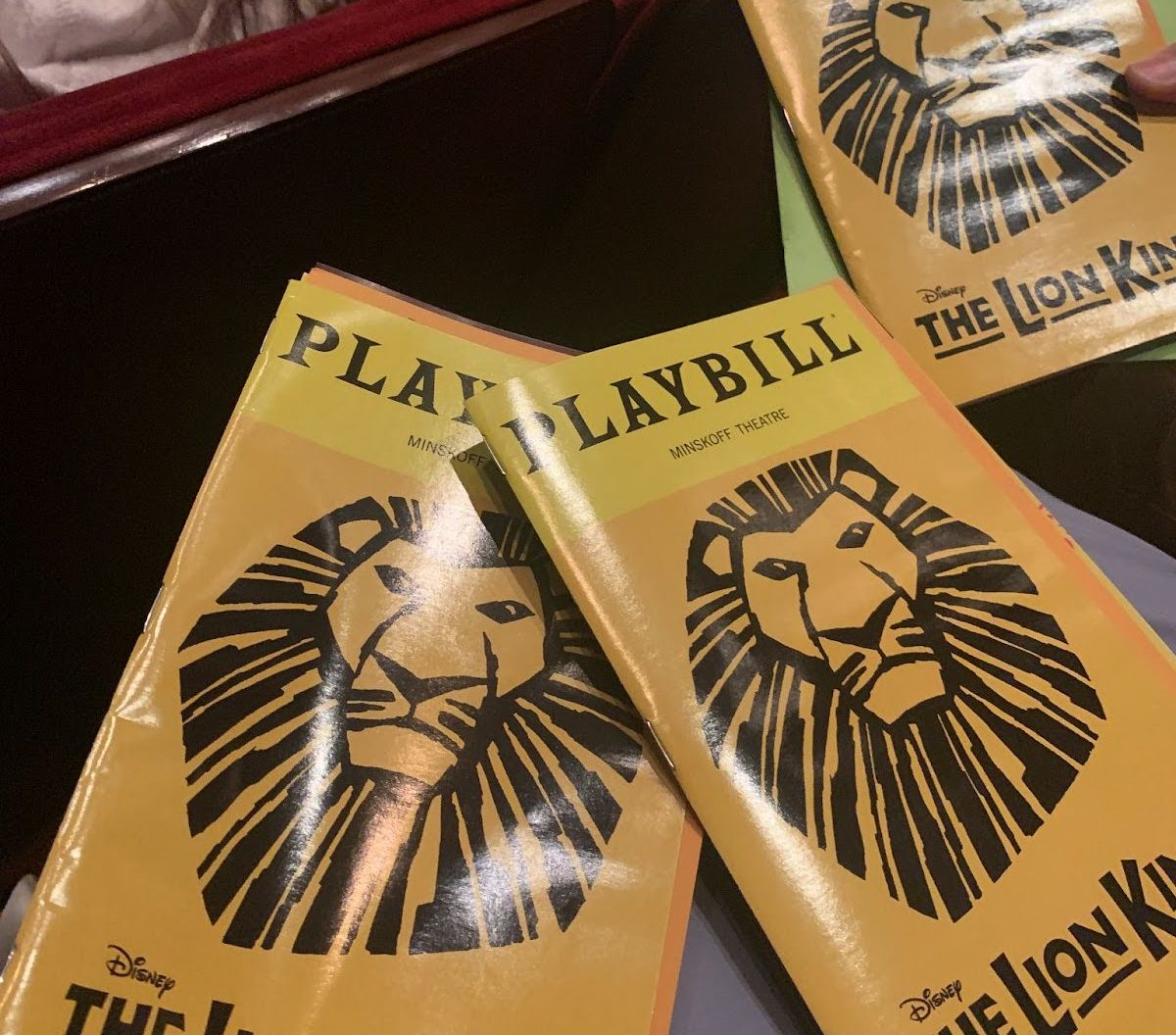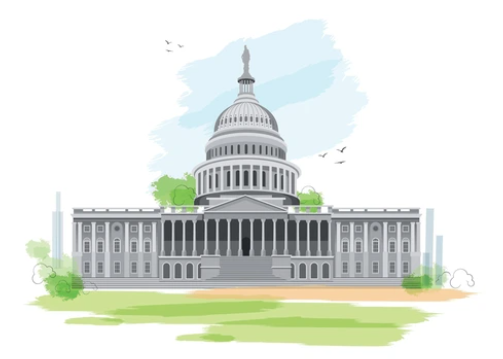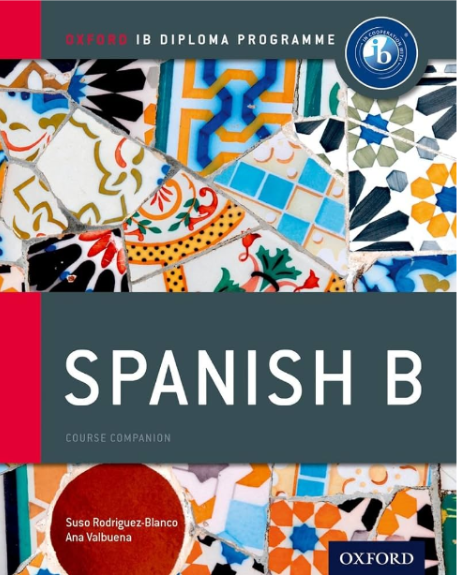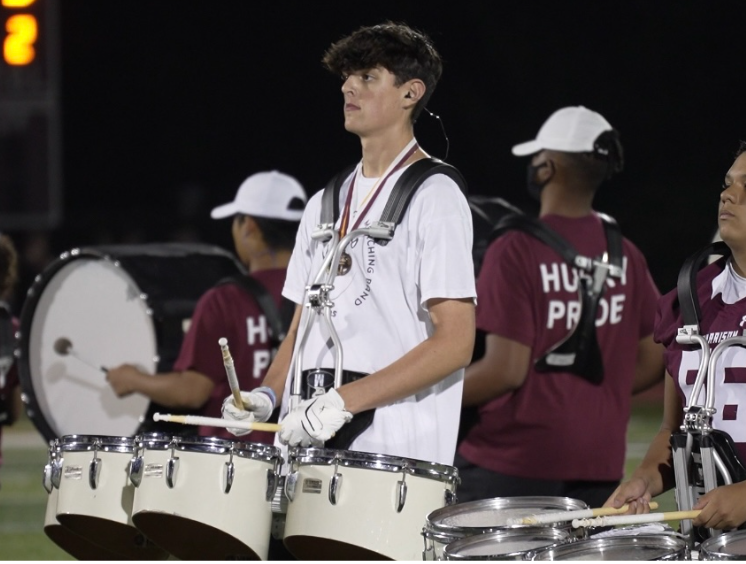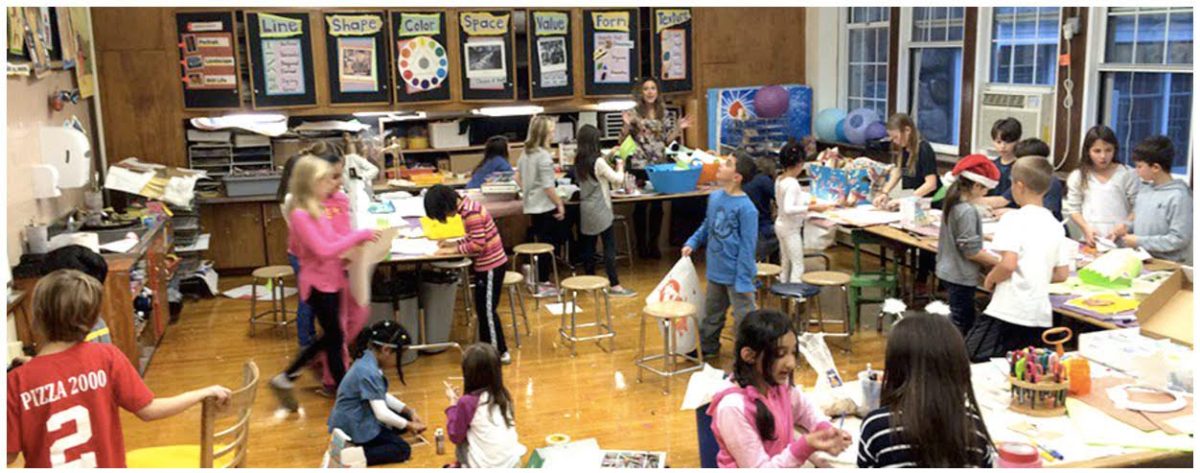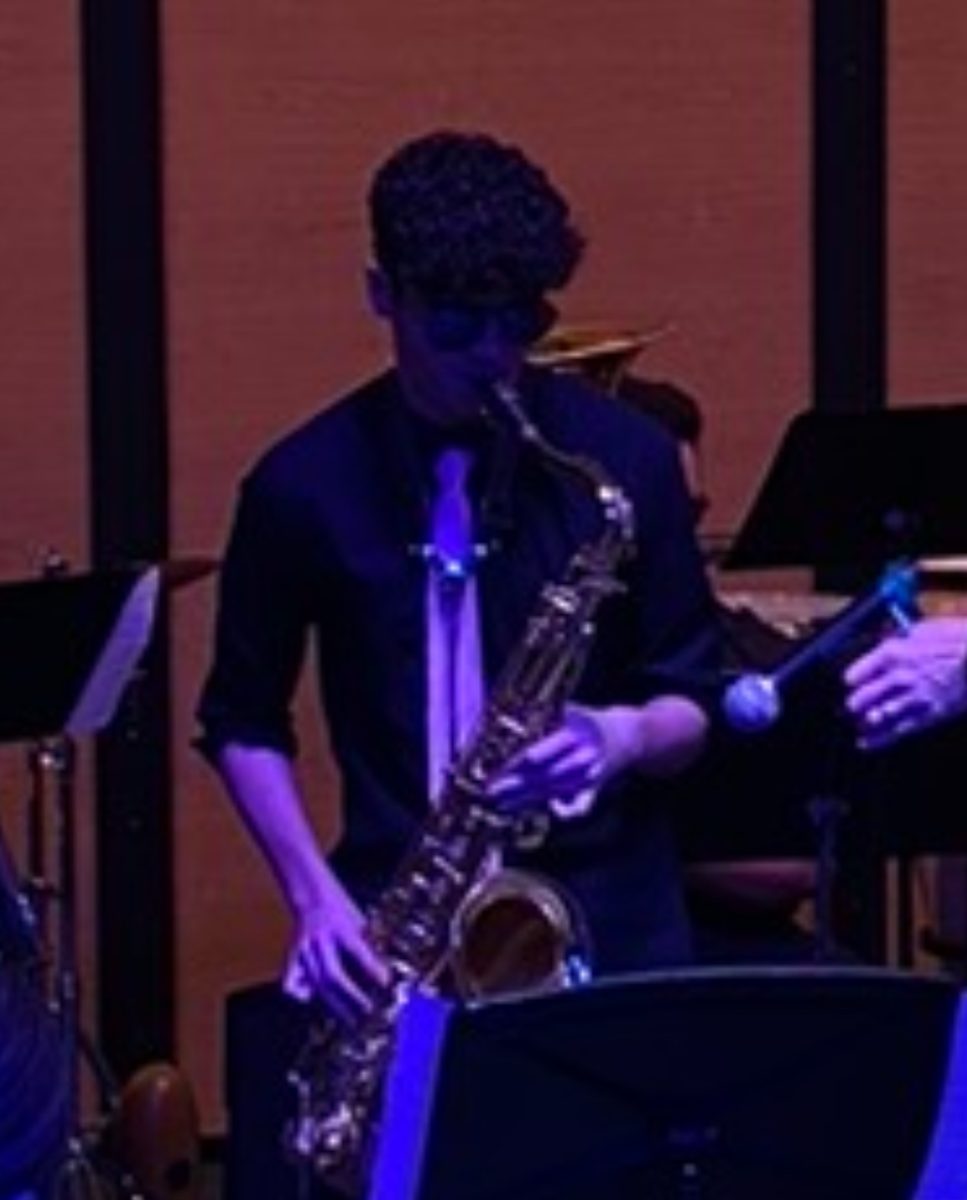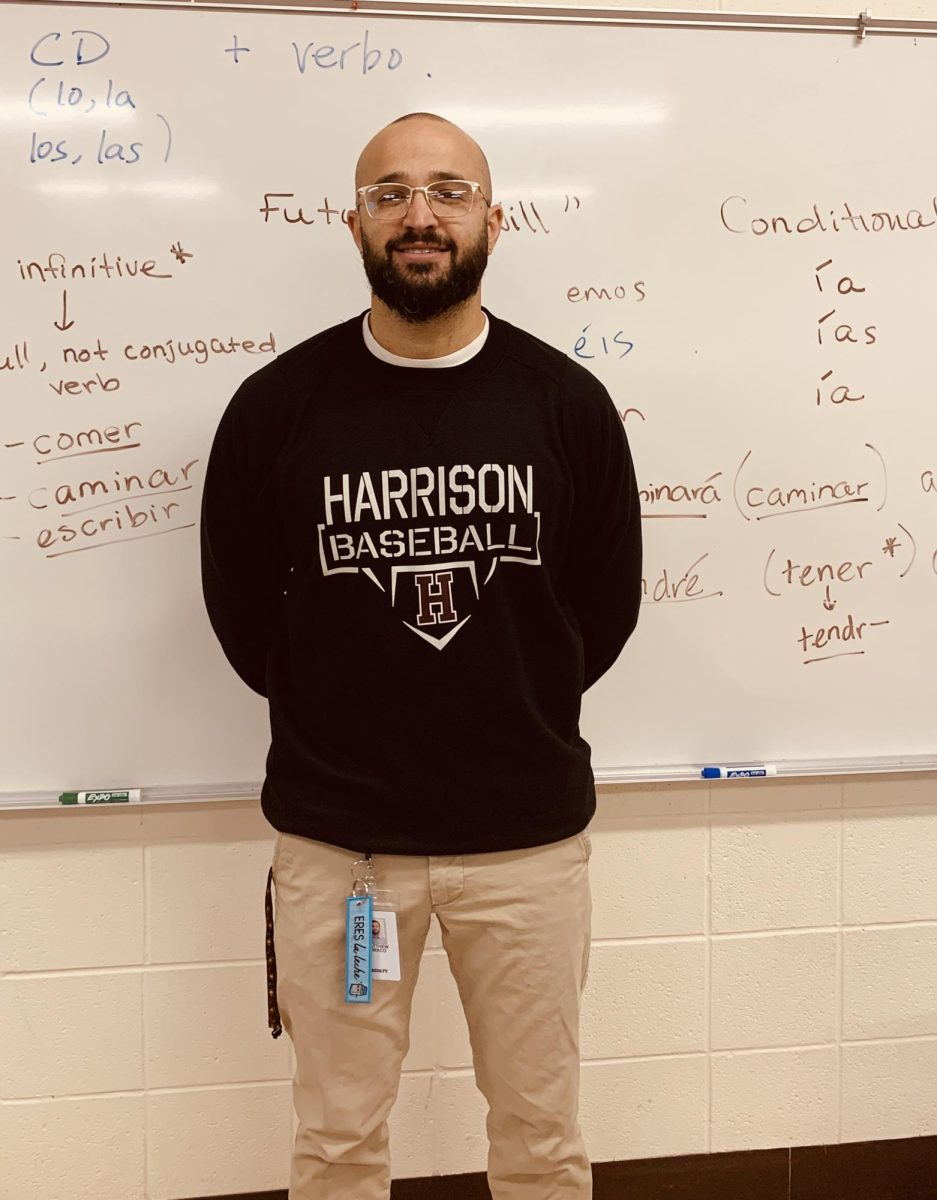Everyone in Harrison High School’s community knows that we have a very diverse group of people walking our school’s halls. Harrison’s IB program is focused on global awareness and encourages students to explore different ideas, lifestyles, and cultures. In order to be the most globally minded citizens, we need to listen to the voices of others and recognize the value that lies in stories from people of diverse places, cultures, and walks of life.
The following is an interview with Profe Ciraco, one of Harrison High School’s many talented Spanish teachers!
How long were you living in Spain?
Total, I would say I lived there for four and a half years. All in one spot was three. So I studied abroad there first, it was for my major in Spanish philology, right, which is the language of Spanish. I went back because I met someone there and we hit it off, and so I went back and lived with her family, and then we lived together, and then I was on my own doing my masters out there and working.
Why did you decide to go to Spain?
It was an interesting decision. I had choices with Latin America or Europe, Spain obviously being the only one [Spanish speaking country in Europe] and basically a friend who also did a program in Spain recommended that I go. I wasn’t very aware, I suppose, of the nuances of each country at that time so I took the recommendation pretty strongly from what someone already did experience.
What was one culture shock that you experienced when you moved to Spain?
I mean the immediate one was I arrived on a Sunday, and I was very, very hungry and once I arrived to the city I wanted to find some food but I really couldn’t find food there because everything was shut down, it was during their “siesta time” and there was no traditional kitchen or cafe open so I had to go to a McDonalds. I went to the McDonalds, and I do not like pickles on my Hamburgers or anything like that. It makes me gag. So I went to order food and I did not know the word for pickles in Spanish at that time and I had a hard time trying to make hand gestures and signals and descriptions of what a pickle was. So I ended up getting a pickle on my burger, I did not eat it, and I was hungry for the rest of the day. Never forget the word pickle after that.
Did you have a hard time transitioning back to life in the United States after living in Spain?
I did. I did. I found myself, my friends even, words that I was using kind of were Spanish words into English like gastronomy for example. Instead of saying cuisine, I said gastronomy. Things like that I didn’t realize until I was getting kind of pointed out. Also, the societal differences of being in the car all the time whereas in Spain it was very out in the open, walking, taking public transport or being outside. So getting from point A to point B was to me, at first it slowed everything down in the States and it was more like “Ugh, in the car again. In the car again,” when I just wanted to get out and be able to go and kind of be amongst everything outside, not really driving. I didn’t want to have to drive everywhere basically. I would say that was one of the main things, and also I made a lot of friends out there, I miss them a lot and they’re a little more open I would say. A lot of talking about society, politics, things, and they’re very understanding of different perspectives. Not to say that we’re not here but it has a little different feel. Perhaps if you do talk about certain things, there might be some things you want to hold back so that no one really judges in a sense. Yeah, taboo topics. Over there [Spain] things are much more open and socially liberal.
Do you think your time in Spain changed you as a person?
Yeah absolutely. Where do I start? To keep it succinct: Before Spain I was very reflective to begin with but sports were a big part of my life, and they still are, but that was my main focus as well as academics but once Spain hit, kind of taking a step back and enjoying the finer things in life and while sports still do play a role in my life, the language, learning the language over there, being immersed completely changes my whole viewpoint of things. Language changes you, in a sense. For example, in English we say things like “ I dropped this” and “I did this” and “It was my fault” versus in Spanish we say “ it dropped” or “It did that”. You don’t take the blame on yourself or you don’t take all the credit in the way you formulate words in Spanish. So being immersed in that ideology and with the language kind of puts things off of you ego- wise and allows you to really enjoy what’s happening. I would say language and being there [Spain] completely changed who I am. That’s why I am actually speaking Spanish with my kids because I do want them to have that type of dual ideas and language. So yeah, it was an amazing experience and I am so glad I was able to do that.
How do you think traveling enriches people’s lives?
I would say traveling gives you new perspectives. It also allows you to find yourself. Perhaps you didn’t realize certain aspects of yourself were trying to come out, it gives you a different viewpoint of things, it just allows you to affirm or change certain ways that you think of things. We all have different ways that we think and we all have preconceived ideas of things, it’s natural, and I think getting more input from different places and different people are only beneficial to realize the diversity of everything that’s out there, whether that be geographical, cultural, language, or people’s beliefs. So I think traveling in general gives you a sense of finding truth.
Anything else you would like to add?
If you have the opportunity to travel to Spain, the word for pickle is “pepinillo” and that’s it.

